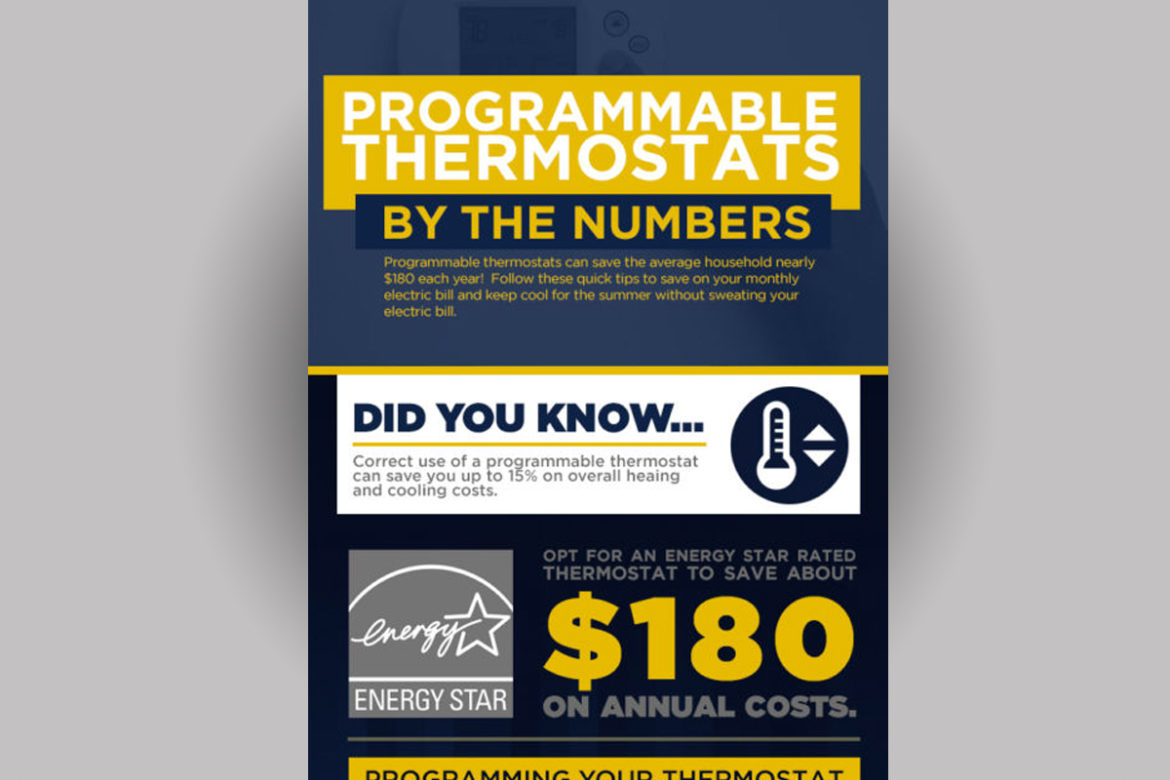Heatpump Vs Heater - Which Is The Better Home Heating Choice For Your Home?
Heatpump Vs Heater - Which Is The Better Home Heating Choice For Your Home?
Blog Article
Produced By-Austin Sims
Several property owners know with heating systems, which warmth homes with oil or gas and press hot air with ductwork. They are relatively low-cost and can offer reliable heating even throughout a winter months power blackout.
Nonetheless, they use fossil fuels and generate carbon monoxide and various other air pollution. They also aren't as energy-efficient as a high-efficiency heatpump.
Expense
Normally, heat pumps are much more inexpensive to operate than heating systems. They usually use electrical energy and cooling agent to extract warm from exterior air, and after that transfer it right into your home. You can make the most of less expensive electricity prices during off-peak hours to even more lower your heating prices.
Unlike heat pumps, gas or wood-burning heaters make use of combustion to create warmth, emitting flue gases right into the environment that can be hazardous to your health and wellness. These heaters are also less energy-efficient than heat pumps, and their greater operating costs can build up over time.
Heating floor or wall mounted heat pump are extra complicated than heatpump and need normal upkeep to guarantee the appropriate feature of all parts. In spite of this, they have a tendency to last longer than heatpump with a common life-span of two decades or more. Nevertheless, you'll require to consider the price of gas, gas oil or timber and the additional tools required for setup and operation such as air ducts and air flow systems.
Power Efficiency
Heatpump have a greater power efficiency score than heating systems. These systems utilize electricity to scavenge warm from the air, also in freezing temperatures. They can likewise eliminate excess warmth from the home during warmer months and reuse it to cool down the system. Service provider specialists can aid you figure out the most effective design for your home on climate and resource energy costs.
Heaters burn gas oil, gas, natural gas or other sorts of nonrenewable fuel source to heat the air in the home. This air is after that spread with ductwork making use of a big fan. Heating systems generate greenhouse gases and need routine upkeep and tools upgrades to make certain safe operation.
The most significant benefit of a furnace is that it can be operated also in rough wintertime conditions since it does not rely on outside temperature levels to heat the air. visit the up coming internet page have a longer lifespan than heat pumps and typically last 15 years. They can also be paired with twin gas alternatives, which pick the most reliable heating option based on the weather condition.
Climate
Heatpump work well in modest environments and utilize less source energy than heating systems. However, if your region is remarkably chilly, you might need to buy a basic gas heating system instead.
Furnaces provide warm, cozy warmth and typically offer quick home heating to raise indoor temperatures. These systems can be used with a selection of gas kinds, including natural gas, gas, oil or electrical power.
They eat extra energy than heatpump-- as much as 3x as much-- and call for ductwork that's costly to mount or retrofit. They're also more costly to maintain, as they can cause air high quality problems and generate greenhouse gas discharges.
If you're devoted to decreasing your carbon footprint, a heatpump is a great choice for your home. They have less greenhouse gas exhausts than furnaces, specifically if you choose an ENERGY STAR ® heatpump. Your neighborhood Provider professional can clarify the differences between these two heater and help you make the very best choice for your special demands.
Personal Preferences
Heaters can be very energy efficient when powered by natural gas, propane or oil, however they aren't as energy efficient as heatpump in frigid environments. They can also be much more costly to set up, calling for gas lines and ventilation systems.
However, heating systems tend to need less maintenance, which can lead to reduced ongoing costs. They produce less greenhouse gases and are much more trustworthy than heatpump throughout severe weather condition.
Electric heat pumps are a lot more flexible in creating indoor comfort because they can likewise serve as ac system throughout warmer months. They can be more convenient to maintain, calling for just routine air filter changes and occasional vacuuming.
If you like the ease of a solitary system that does it all, take into consideration a crossbreed home heating solution that pairs a heating system with an electrical heat pump. These systems can immediately switch in between both home heating choices based on your home's needs and temperature conditions, making the most of efficiency and cost savings.